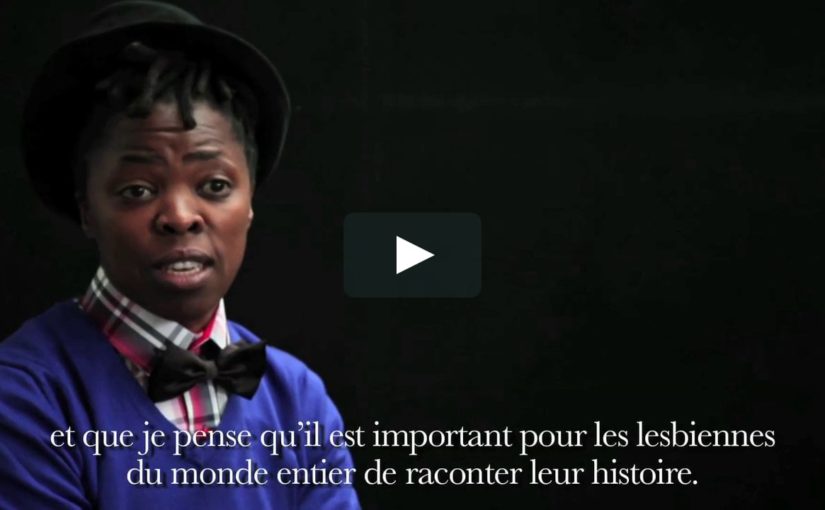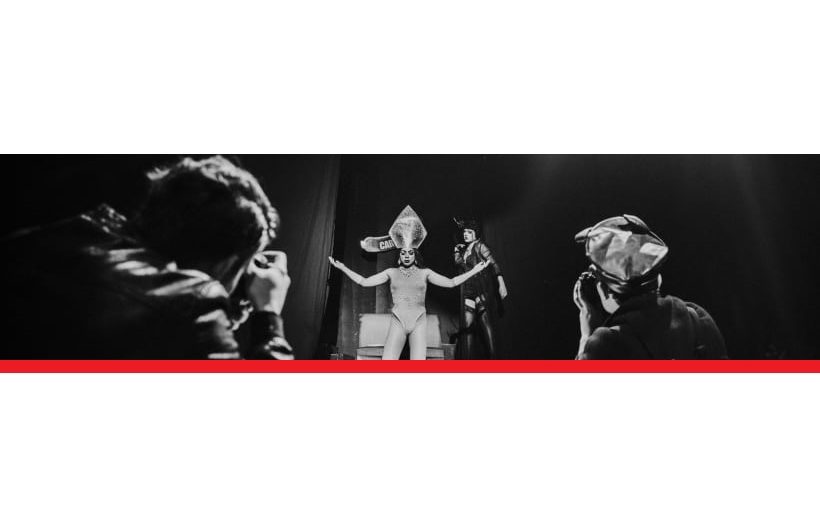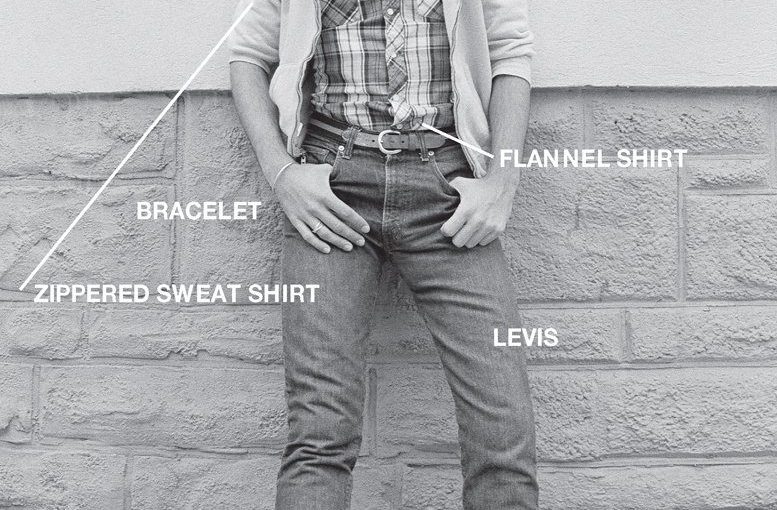+ infor: The Guardian
In his new book, Africa State of Mind, Ekow Eshun celebrates contemporary African photography. Here he showcases the work of artists looking at the self and sexuality, from Zanele Muholi to Eric Gyamfi.
In August 2009, an exhibition titled «Innovative Women» opened in Johannesburg, aiming to showcase the work of the city’s young black female artists. The launch was attended by Lulu Xingwana, minister for arts and culture at the time, who had been invited to officially open the show. But instead of giving a speech, Xingwana stormed out of the gallery after seeing images by the photographer Zanele Muholi that depicted naked women in close embrace. Muholi’s work, said the minister, was immoral, offensive and ran contrary to “social cohesion and nation-building”.
South Africa has one of the most progressive constitutions in the world, with discrimination on the basis of sexuality barred by law. Yet censorious attitudes such as Xingwana’s towards homosexuality are widespread. Almost three-quarters of the population believe same-sex sexual activity is morally wrong, according to a 2016 survey. Similarly intolerant views are commonplace across Africa. Homosexuality is outlawed in 32 of the continent’s 54 nations.
Against that backdrop the work of a photographer such as Muholi takes on a dual role, both representing individual artistic expression and operating as a form of political activism; a means to positively assert LGBTQ+ identity in straitened circumstances.




 + info:
+ info: 